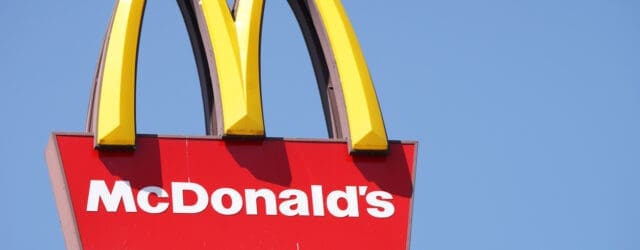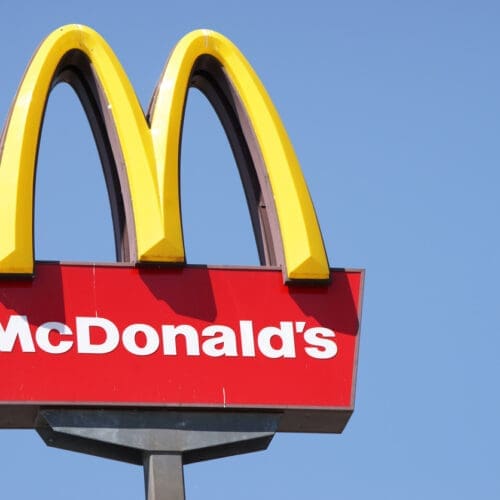Directors of McDonalds manage to dismiss claim for breach of oversight duties
March 2023Whilst there has often been a focus on the E in ESG related risks, it is arguable that the most pervasive theme in ESG-related matters is the social limb, and particularly how companies treat their employees and foster an inclusive culture.
A recent decision in the Chancery Court of Delaware, shows that in certain circumstances if a Board has policies and oversight in place to counteract social risks, then there is potentially scope to defeat derivative actions brought by shareholders against the Board for failure properly to oversee members of staff.
The Claim
The claims focussed on what shareholders alleged was a “boys’ club” at McDonalds. It is alleged that there were frequent gatherings at the bar in the company’s Chicago headquarters and that there appeared to be a policy to hire young, attractive women to work in roles at the headquarters.
In 2019, McDonalds fired its Chief Executive, Stephen Easterbrook, because of his engagement in a consensual relationship with an employee which violated the company’s policy. Shareholders later sued McDonalds’ Board of Directors, as well as Mr Easterbrook, and the company’s former chief human resources officer, David Fairhurst, for allegedly violating their fiduciary duties to the company in what was alleged to have been a culture of sexual harassment and misconduct.
The shareholders alleged in their lawsuit that Mr Fairhurst failed appropriately to respond to systemic issues of sexual misconduct at the company, a problem in which he was implicated. At the time of his dismissal in 2019, Mr Fairhurst had been the subject of multiple reports of sexual harassment from employees in his tenure.
In January 2023, the Judge, Vice Chancellor J Travis Laster, of the Delaware Chancery Court allowed claims against Mr Fairhurst, an Officer, but not a director, of the company, to proceed. It is not clear at this stage whether those claims will continue but it appears on the face of it that they will.
The ruling on 1 March 2023 concerned only the derivative action brought against the Directors.
The Decision
The decision handed down on 1 March 2023 by Vice Chancellor Laster dismissed the shareholders’ claims against nine Directors sitting on the McDonalds Board during the period in which sexual misconduct claims at the company drew widespread public scrutiny.
The Directors were held not to have violated their duty to shareholders in the handling of sexual harassment and misconduct allegations, with the Court ruling that the Directors’ response, and the systems they had in place to deal with internal issues such as this, was sufficient.
The Judge said that whilst there were “vibrant red flags” about problems with sexual harassment and misconduct at McDonalds, the Board did take appropriate action.
The Judge went on to say that “the [pleaded] facts do not support a reasonably conceivable claim against [the Directors] for breach of duty of oversight”.
Finally, the Judge also dismissed claims that the company’s Directors had breached their duty to shareholders by terminating Mr Easterbrook’s employment without a finding of fault instead of firing him for misconduct. The Judge held the Directors were entitled to make their decision under the law protecting the exercise of business judgment.
Commentary
This lawsuit against the Board has been closely watched both by D&O insurers and also casual observers because it provides an insight into culture at the headquarters of one of the world’s leading brands. The Court’s rulings could clarify expectations for how company leadership is expected to respond to failures of corporate compliance (certainly in the Delaware courts).
As many will know, Delaware law allows shareholders to sue Directors over alleged oversight failures, including the failure to ensure there were compliance procedures in place to address risks which were critical to the running of the company. Whilst some of the Directors named in the lawsuit have since left their roles, several still do remain on the Board.
Whilst this is an important decision, caution should be exercised as to its wider applicability, particularly in the Courts of England and Wales and even in the Courts of other US States. Whether the same rationale would be adopted in the English Courts is not clear, however, it does provide some insight into what might be perceived as good business practice.
If the same principles are adopted in England and Wales then, if Directors have processes in place which show a proper course of dealing which does not contravene the duty to act in the best interest of the shareholders (pursuant to Section 172 of The Companies Act 2006); and is deemed to exercise reasonable skill and care (pursuant to Section 174 of The Companies Act 2006) then there is at least a prospect that Directors might be able to defend a similar claim brought in the UK.
What is clear, however, is that the actions of Directors and Officers are increasingly under the spotlight as stakeholders (including shareholders and employees) in companies loo to ensure that their employment interests and investments are protected by those who make business-critical decisions.
Download PDF







